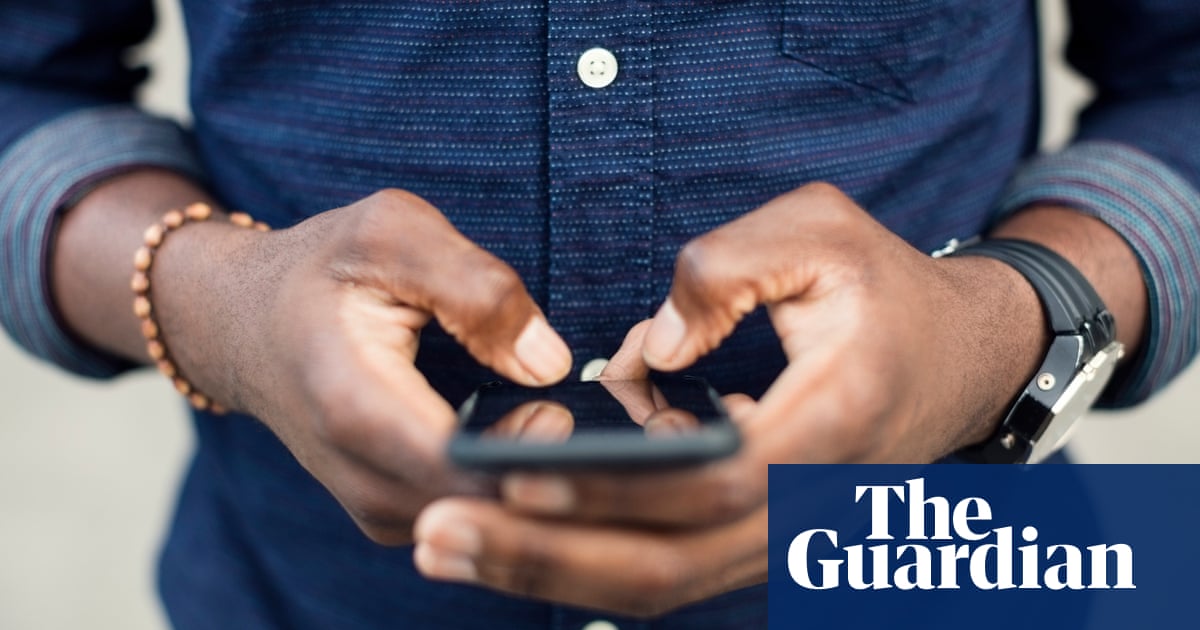Campaigners for the protection of the rights of creatives have criticised a UK government proposal to let artificial intelligence companies train their algorithms on their works under a new copyright exemption.
Book publishers said the proposal put out for consultation on Tuesday was “entirely untested and unevidenced” while Beeban Kidron, a crossbench peer campaigning to protect artists’ and creatives’ rights, said she was “very disappointed”.
Under the proposals, tech companies will be allowed to freely use copyrighted material to train artificial intelligence models unless creative professionals and companies opt out of the process.
The changes are seeking to resolve a standoff between AI firms and creatives. Sir Paul McCartney has warned the technology “could just take over” without new laws while the government has warned “legal uncertainty is undermining investment in and adoption of AI technology.”
On Tuesday, News media organisations said that such a system would allow generative AI firms to “shirk their responsibilities”. Kidron said: “The government is consulting on giving away the creativity and livelihoods of the UK creative sector which is worth £126bn a year”.
Tech UK, which represents tech companies, welcomed the consultation, which proposes an exception to UK laws preventing the use of someone’s work without permission – that will allow companies such as Google and the ChatGPT developer OpenAI to train their models on copyrighted content.
However, it will also allow writers, artists and composers to “reserve their rights”, which involves declaring that they do not want their work to be used in an AI training process . The government said there needed to be greater transparency from AI developers about the material they use to train models, how they acquire it, and about the content subsequently generated and it said it could legislate around this.
Chris Bryant MP, the data protection minister, said the proposal was a “win win” for two sides that have been at loggerheads over a new copyright regime.
“This is about giving greater control in a difficult and complex set of circumstances to creators and rights holders, and we intend it to lead to more licensing of content, which is potentially a new revenue stream for creators,” he said.
Campaigners for creatives fear a mechanism to reserve, license and be paid for the use of their work in AI training, would probably only benefit the largest rights holders leaving small and medium-scale creators exposed.
Dan Conway, the chief executive of the Publishers Association, said: “There has been no objective case made for a new copyright exception, nor has a water-tight rights-reservation process been outlined anywhere around the globe”.
He said it was important to “ensure that the content ecosystem, including publishers, is properly commercially incentivised to invest in high-value content and that rights holders can retain their fundamental control of how and when a work is used”.
Owen Meredith, the chief executive of News Media Association, said: “News publishers deserve control over when and how their content is used and, crucially, fair remuneration for its use. Instead of proposing unworkable systems such as the ‘rights reservations’ (or opt-out’) regime the government should focus on implementing transparency requirements within the existing copyright framework.
The British composer Ed Newton-Rex, a key figure in the campaign by creative professionals for a fair deal, told the Guardian in October that opt-out schemes were “totally unfair” for creators. Newton-Rex has organised a statement signed by more than 37,000 creative professionals, including the Radiohead singer Thom Yorke and the actor Julianne Moore, that says unlicensed use of creative work for AI model training is a “major, unjust” threat to creators’ livelihoods.
Whether the new regime covers models already being deployed in the market, such as the models being deployed in ChatGPT and Google’s Gemini, is also an issue on which the government is seeking views.
The consultation will seek views on whether there is a need for a US-style “right of personality” that will protect celebrities from having their voice or likeness replicated by AI without permission. The Hollywood actor Scarlett Johansson clashed with OpenAI last year when it previewed a voice assistant that sounded very similar to her own distinctive speech. OpenAI paused the feature after users noted its similarity to Johansson’s voice.

